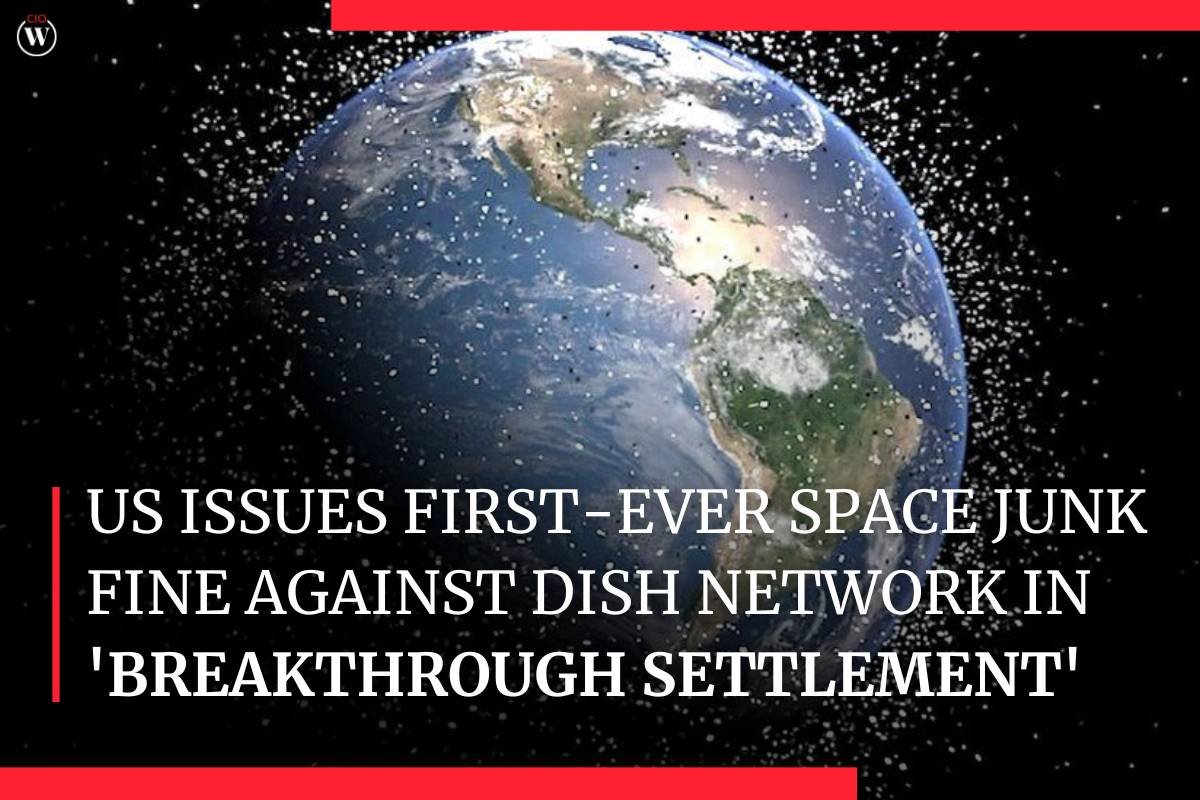The commencement of the U.S. government’s efforts to address potentially dangerous space debris in orbit kicked off this week, marking a historic moment with the first-ever penalty imposed on a Dish Network for failing to relocate an aging satellite to a safer orbital position.
Dish Network, as revealed in an announcement by the Federal Communications Commission (FCC) on Monday, discarded one of its satellites into an orbit that significantly deviated from the elevation specified in its licensing terms. In response to an FCC investigation, the U.S. satellite television provider has reached a settlement agreement to pay a $150,000 fine, marking a milestone in the commission’s intensified campaign against space debris.
Satellite operations become more prevalent
Loyaan Egal, the acting chief of the FCC’s enforcement bureau, emphasized the significance of this settlement, underscoring the FCC’s robust enforcement authority and capability to uphold crucial space debris regulations. Egal stated, “As satellite operations become more prevalent and the space economy accelerates, we must ensure that operators adhere to their commitments.”
Expanding problem of space debris: What is space junk? Why is it a problem?
In addition to the financial penalty, the settlement entails Dish Network admitting liability for its actions and committing to a compliance plan. Dish Network has been fined $150,000 by the Federal Communications Commission for its failure to reposition an older satellite to a safe distance from other operational satellites.
The company acknowledged its liability concerning the EchoStar-7 satellite and entered into a “compliance plan” agreement with the FCC.
Economy Gains Momentum
Space debris, consisting of defunct technological fragments in Earth’s orbit, poses a collision risk. Officially referred to as space debris, it encompasses items such as outdated satellites and spacecraft components.
The FCC pointed out that Dish Network’s satellite represented a potential hazard to other orbiting satellites at its current altitude. EchoStar-7, launched in 2002, occupied a geostationary orbit, commencing at 22,000 miles (36,000 km) above the Earth’s surface.
Dish was obligated to relocate the satellite 186 miles farther from Earth, but by the end of its operational life in 2022, it had only moved 76 miles due to a lack of fuel.
FCC enforcement bureau chief Loyaan Egal reiterated the importance of ensuring operator compliance with commitments as satellite operations grow in prevalence and the space economy gains momentum, emphasizing the FCC’s strong enforcement authority.
While the $150,000 fine constitutes a small fraction of Dish’s total revenue, which amounted to $16.7 billion in 2022, it may still send a significant signal to other satellite operators, according to Dr. Megan Argo, senior lecturer in astrophysics at the University of Central Lancashire. Dr. Argo noted that the utilization of regulatory powers for the first time by the FCC is likely to prompt the rest of the industry to take notice and be more vigilant.









